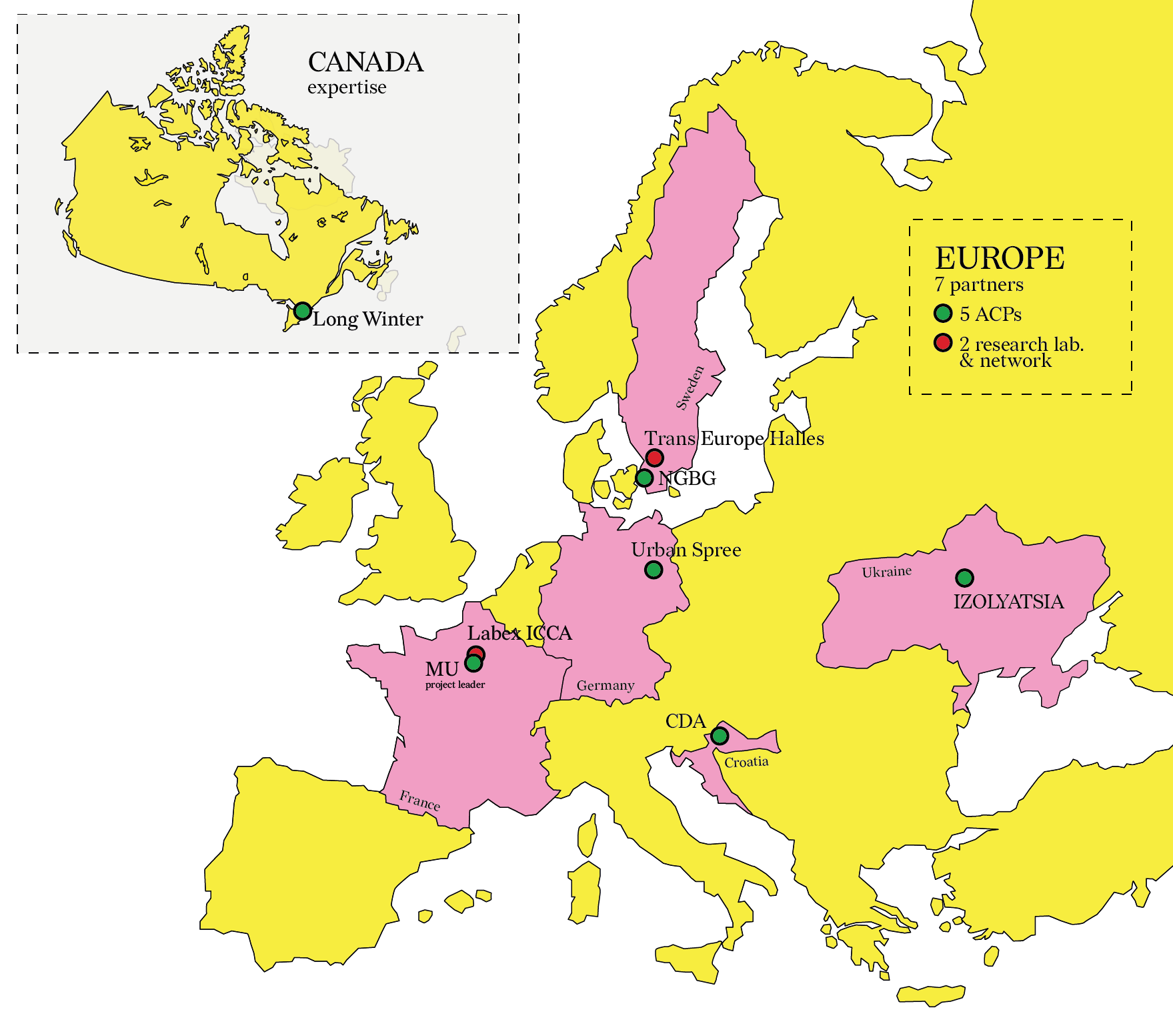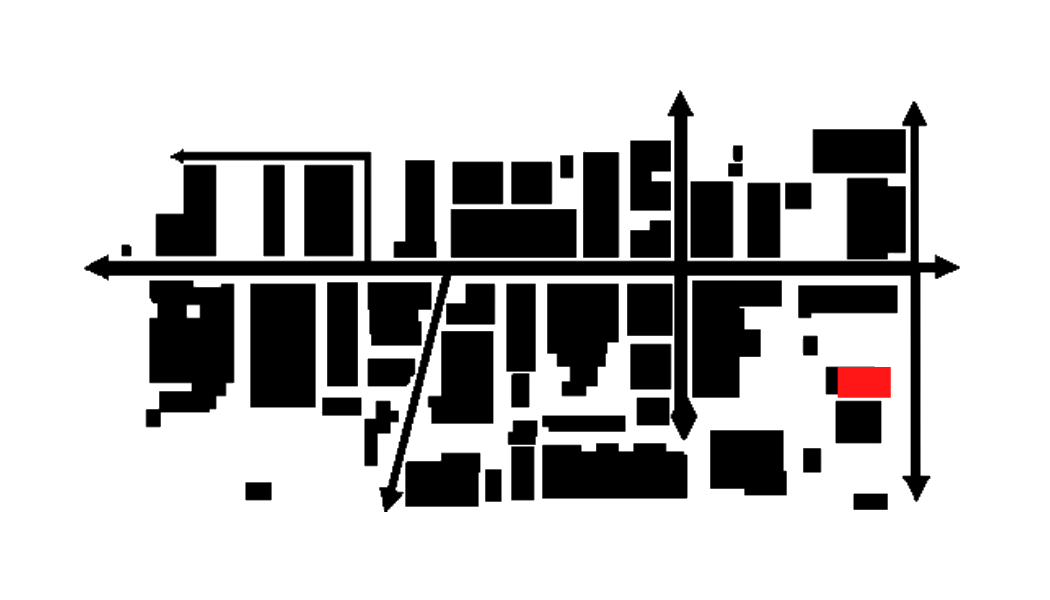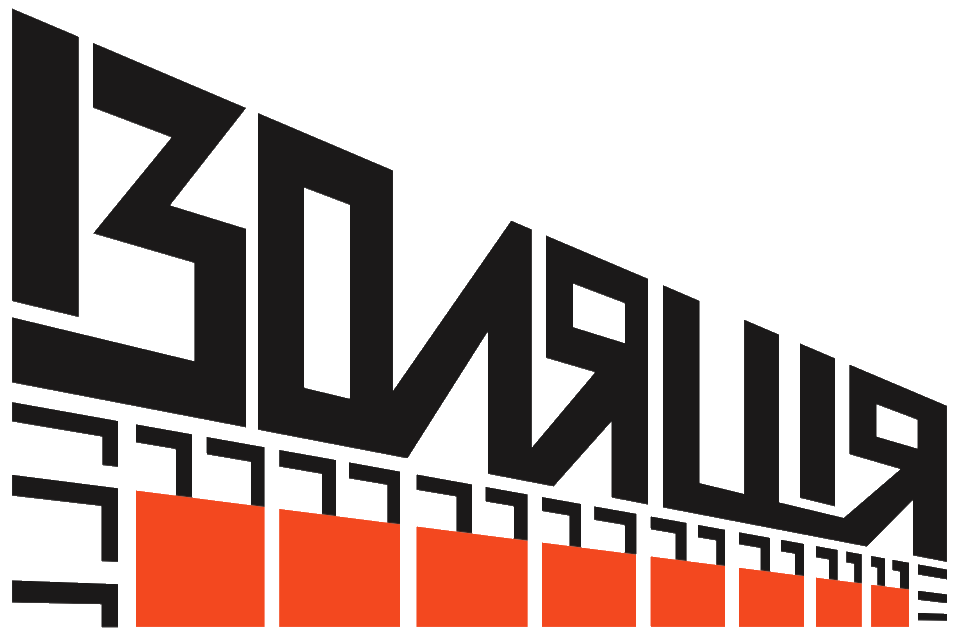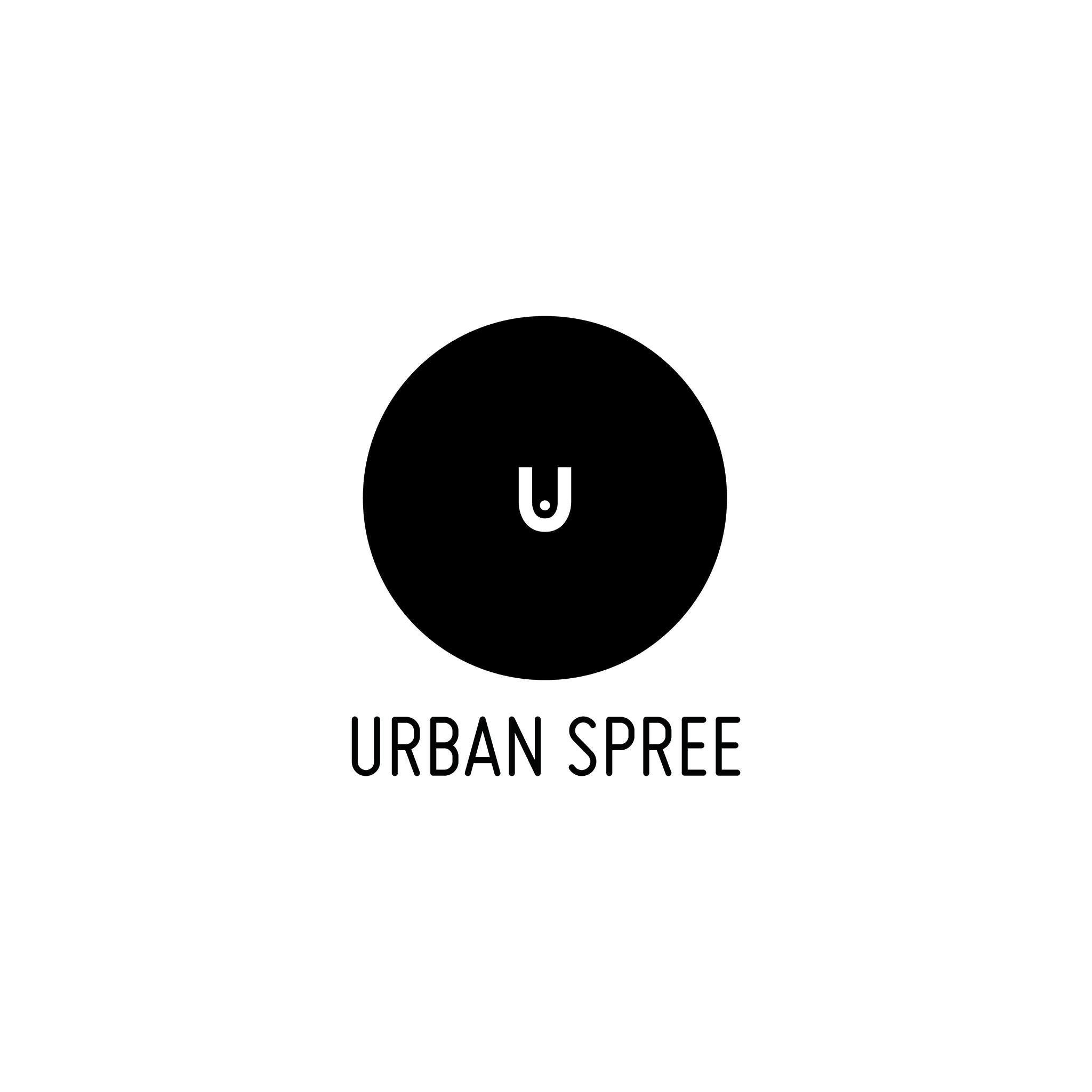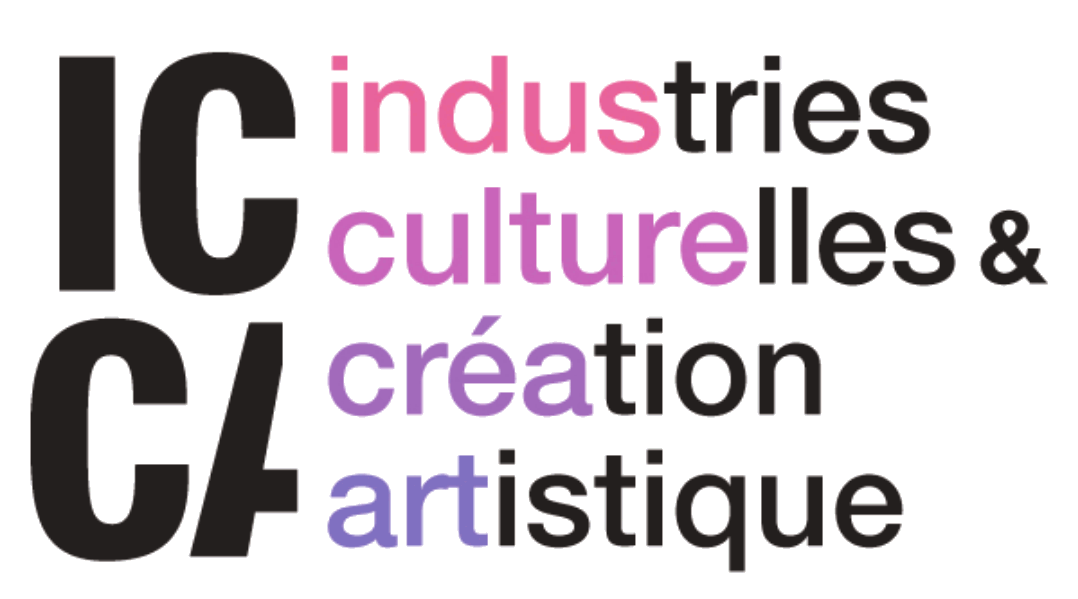IZOLYATSIA is a platform for cultural initiatives founded in 2010 in Donetsk, Ukraine, to transform an old insulation materials factory into a contemporary hub for arts, culture, creative industries, and social innovation. Between 2010 and 2014, the factory became a thriving cultural centre, featuring exhibition spaces, a cinema, a digital fabrication lab, a library, and a canteen. IZOLYATSIA hosted international residencies and large-scale projects with artists like Daniel Buren, Cai Guo-Qiang, Kader Attia, and Rafael Lozano-Hemmer, alongside music, educational programmes, and craft fairs. The team also experimented with environmental regeneration through innovative reuse of polluted industrial land.
In 2014, following the Russian occupation of Donetsk, IZOLYATSIA’s premises were seized and repurposed as an illegal prison. The organisation relocated to Kyiv, establishing a creative hub at the Kyiv Shipyard. This new space housed artist studios, exhibition halls—featuring Shirin Neshat, Grayson Perry, and others—and a major events venue. By 2019, IZOLYATSIA was promoting cultural decentralisation via its Gurtobus mobile centre, reaching remote communities. In 2020, it opened a new office in Soledar, near the contact line with occupied territories, to demonstrate cultural revitalisation in a small town.
In 2022, a major EU-supported project in Soledar was disrupted by Russia’s full-scale invasion. IZOLYATSIA lost its Kyiv site, and Soledar was devastated in one of the war’s fiercest battles. Forced to relocate multiple times due to the war, IZOLYATSIA adapted by developing mobile solutions and today, IZOLYATSIA focuses on supporting emerging Ukrainian organisations through capacity-building, subgranting, and international cultural exchange, while continuing its own projects in Ukraine and abroad.
